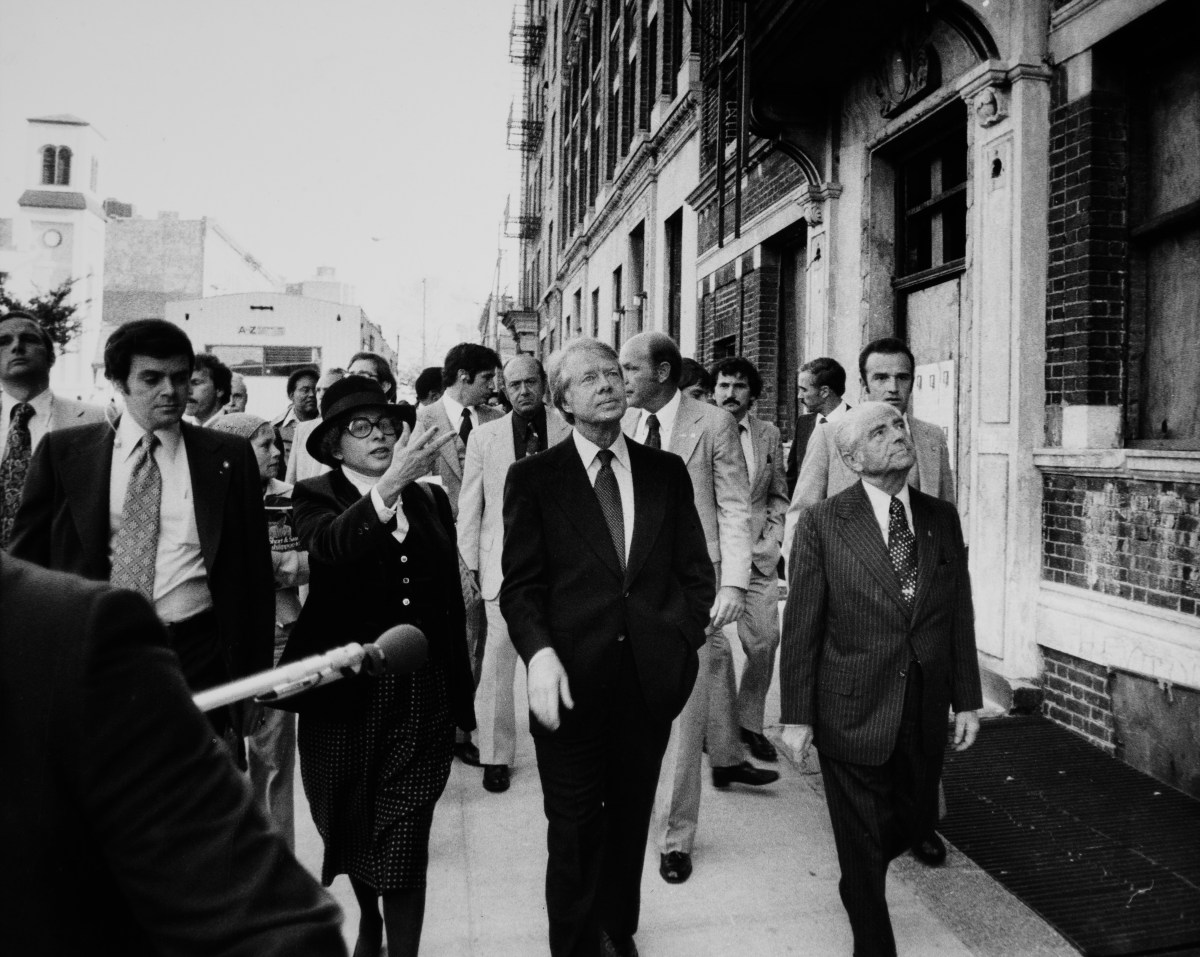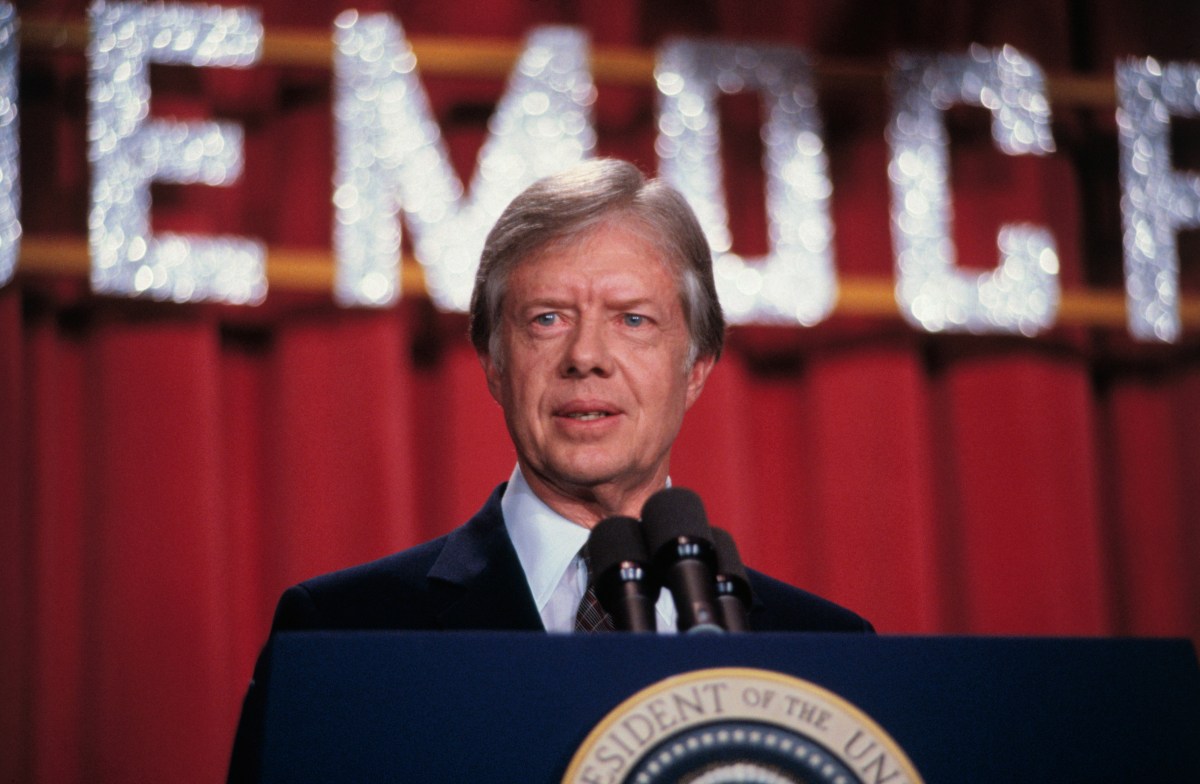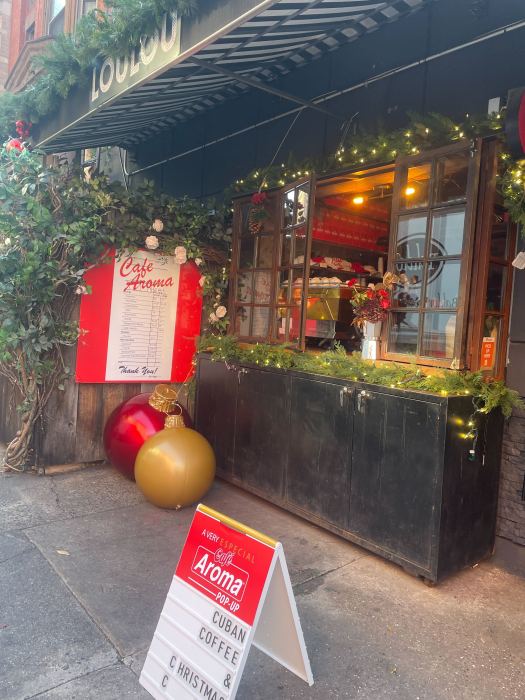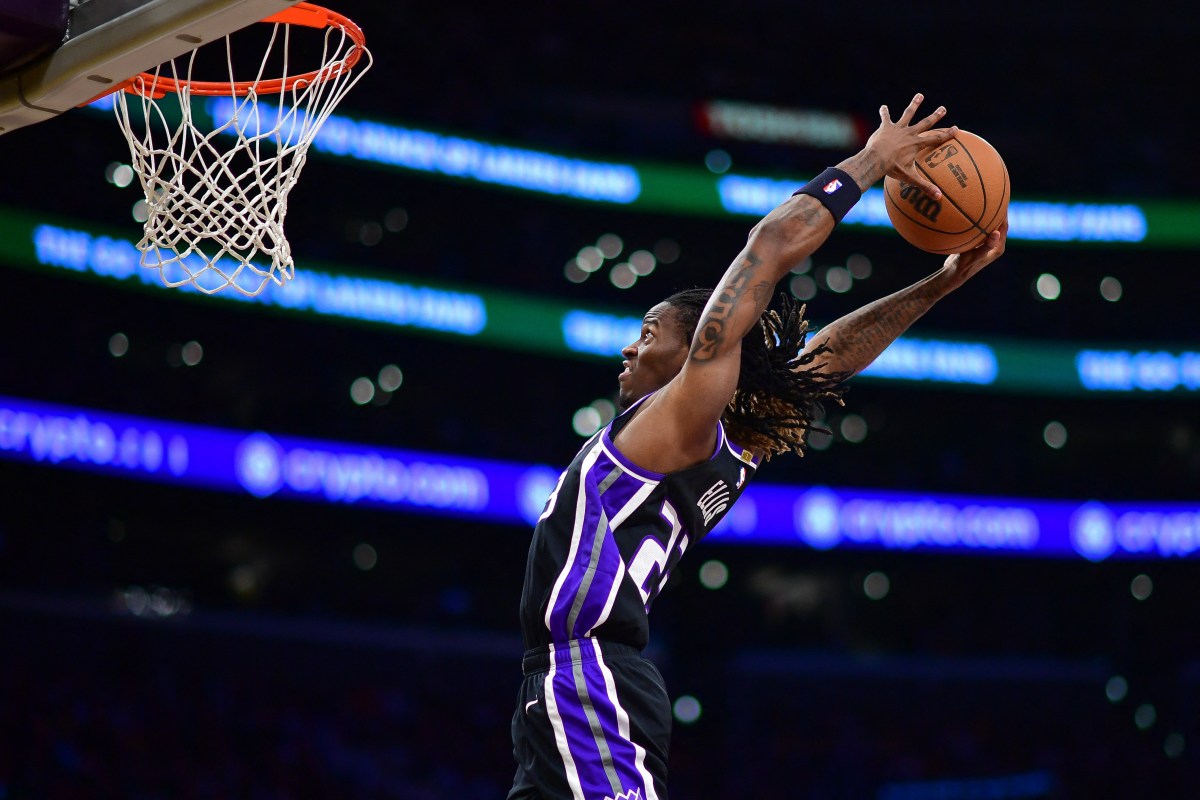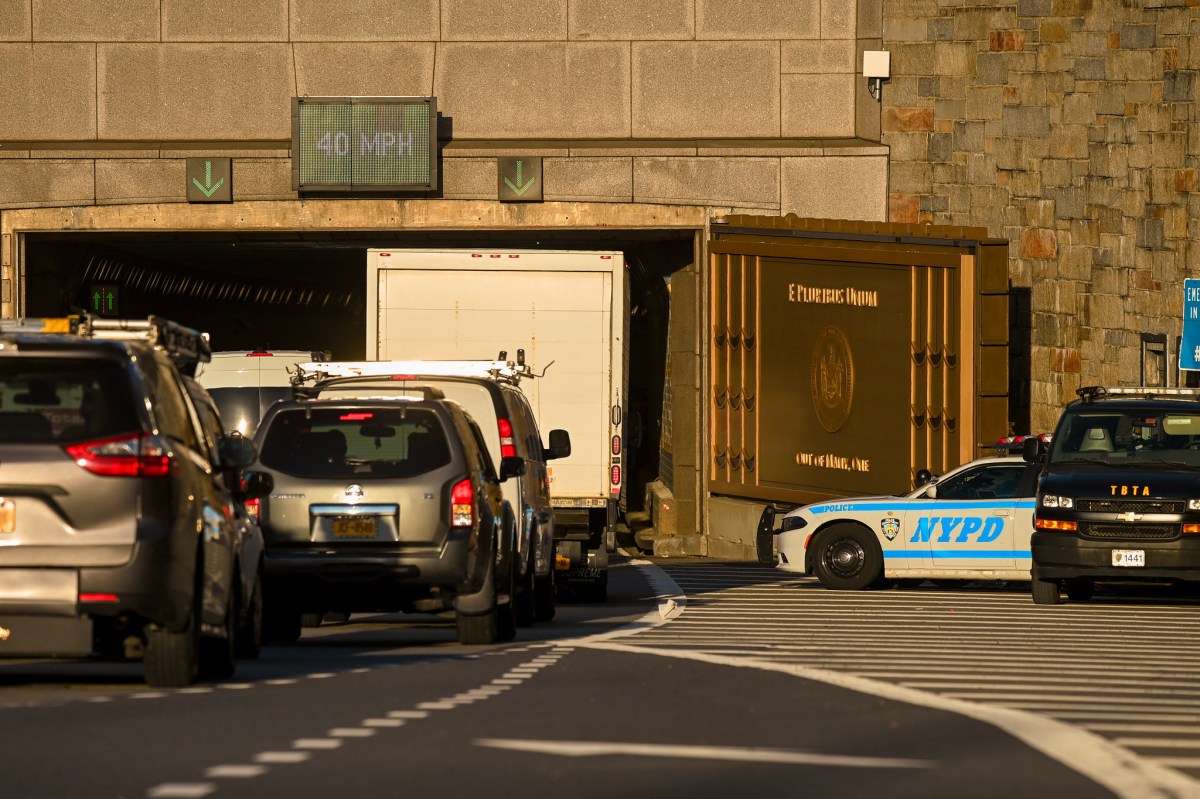BORGO EGNAZIA, Italy (AP) — A Group of Seven summit opened Thursday with agreement reached on a U.S. proposal to back a $50 billion loan to Ukraine using frozen Russian assets as collateral, giving Kyiv a strong show of support even as Europe’s political chessboard shifts to the right.
President Joe Biden said the agreement to tap into the windfall profits on some $280 billion in frozen Russian assets held in Europe would put that money to work for Ukraine.
“Another reminder to (Vladimir) Putin: We’re not backing down. In fact, we’re standing together against this illegal aggression,” Biden said at an evening news conference, with Ukrainian President Volodymyr Zelenskyy by his side.
The agreement was hashed out hours before Italian Premier Giorgia Meloni opened the summit at a luxury resort in southern Italy, saying she wanted the message of the meeting to be one of dialogue with the global south and unity.
She compared the G7 to the ancient olive trees that are a symbol of the Puglia region, “with their solid roots, and branches projected toward the future.”
Beyond discussing Ukraine, the war in Gaza and China’s industrial policy, Pope Francis will become the first pope to address a G7 summit, adding a dash of celebrity and moral authority to the annual gathering. He’ll be speaking on Friday about the promises and perils of artificial intelligence, but is expected to also renew his appeal for a peaceful end to Russia’s full-scale invasion of Ukraine and the Israel-Hamas war in Gaza.
The G7 includes Canada, France, Germany, Italy, Japan, the United Kingdom and the United States. Italy, which is hosting the summit, has invited several African leaders — Algerian President Abdelmadjid Tebboune, Kenyan President William Ruto and Tunisian President Kis Saied — to press Meloni’s development and migration initiatives on the continent.
Along with Zelenskyy, other guests included Brazilian President Luiz Inácio Lula da Silva, Indian Prime Minister Narendra Modi, fresh off his own election, and Turkish President Recep Tayyip Erdogan.
With Biden, U.K. Prime Minister Rishi Sunak and now French President Emmanuel Macron also facing elections in the coming months, pressure was on the G7 to get done what it can while the status quo lasts.
The U.S. proposal involves engineering a $50 billion loan to help Ukraine in its fight against Russia that would use interest earned on profits from Russia’s frozen central bank assets, most of them held in the European Union, as collateral.
“It is a strong signal that we are sending to Ukraine that we will support Ukraine in its fight for freedom for as long as it takes,” said European Commission President Ursula von der Leyen. “It is also a strong signal to Putin that Putin cannot outlast us,” she said.
A French official said a political decision by the leaders had been reached but that technical and legal details of the mechanism to tap into the assets still had to be worked out. The issue is complicated because if the Russian assets one day are unfrozen — for example, when the war ends — then the windfall profits will no longer be able to be used to pay off the loan, requiring a burden-sharing arrangement with other countries.
Zelenskyy listed the asset deal as one of many arrangements finalized during the summit, including a bilateral security agreement with the U.S. and Japan.
“I am grateful to our partners for their belief in us and our victory,” he said in a post on the social media platform X.
Sunak, for his part, announced up to 242 million pounds ($310 million) in nonmilitary aid to Ukraine and a new round of sanctions against suppliers of munitions and other aid to Russia’s military located in China, Israel, Kyrgyzstan and Turkey. Washington also sent strong signals of support, with widened sanctions against Russia to target Chinese companies that are helping its war machine.
Meloni went into the meeting fortified at home and abroad after her far-right party had an even stronger showing in the European Parliament election than in the national general election in 2022 that made her Italy’s first female premier. Known for its revolving-door governments, Italy is now in the unusual position of being the most stable power in the EU.
The leaders of the G7’s two other EU members, Germany and France, didn’t fare nearly as well, rattled after hard-right parties made strong showings in the vote. Macron called a snap election and German Chancellor Olaf Scholz saw his Social Democrats finish behind mainstream conservatives and the far-right Alternative for Germany.
Meloni didn’t hesitate to flex her far-right muscles in the opening sessions: Italian negotiators successfully removed the word abortion from the G7 final communique. The text however does reaffirm commitments made at last year’s G7, where abortion rights were specified, according to a draft seen by the ANSA news agency.
“I regret this,” Macron said about the text, answering the question of an Italian reporter on the sidelines of the summit. He recalled that France had included a women’s right to abortion in its Constitution, and that France defends “this vision of equality between women and men.”
“It’s not a vision that’s shared across all the political spectrum,” he said. “I regret it, but I respect it because it was the sovereign choice of your people,” he told the Italian reporter.
Meloni, who campaigned on a “God, Family, Fatherland” motto, has insisted that she won’t roll back abortion rights in Italy, where they have been legal since 1978, but the center-left opposition worries she is slowly chipping away at them.
The G7 summit is taking place in a sprawling luxury resort that’s something of a theater set, a faux town made to resemble one of Puglia’s medieval white-stone hamlets but that actually only dates from 2010.
Located next to an actual archaeological park, Borgo Egnazia features narrow streets, villas, restaurants and a town square complete with a clocktower. A favorite of celebrities, it was sealed off to outsiders for the duration of the summit.
No such five-star accommodations await the 2,000-plus police and Carabinieri forces who have been brought in to provide security. Authorities on Wednesday sequestered the decommissioned cruise ship that had been housing them in Brindisi’s port, after the police union complained about unacceptable hygienic conditions on board.
Winfield reported from Bari, Italy. Associated Press writers Angela Charlton and Sylvie Corbet in Paris contributed to this report.

